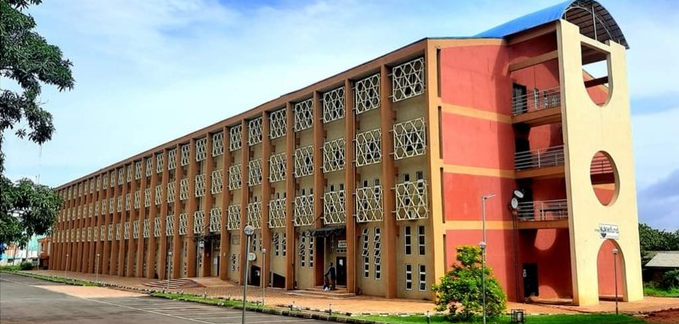Minimum Age Requirement for Higher Education in Nigeria: A Critical Examination

In Nigeria, the minimum age requirement for admission into higher institutions has been a topic of debate among education stakeholders. Proponents of the current age requirement argue that it ensures students are emotionally and academically prepared for the rigors of higher education. However, opponents contend that it stifles academic potential and perpetuates inequality.
The Shocking Turn
In July 2024, the minimum age requirement of 16 years was further increased to 18 as announced by the Minister of Education. This was allegedly on the basis that it allows for a more mature and focused student. However, opponents point out that many students are ready for higher education earlier, and the requirement denies them the opportunity to excel.
How Do We Compare?
In contrast, many developed countries have lower or no minimum age requirements for higher education. For example, the United States has no federal minimum age requirement, and some exceptional students enter college as young as 12. Similarly, the United Kingdom allows students to enter university at any age even though they are strict on ensuring parental or school-provided guidance for minors (those under 18). These countries prioritize academic readiness over age, enabling gifted students to accelerate their education.
To move forward, Nigeria's education system should consider a more flexible approach, allowing students to take entrance exams based on academic readiness rather than age. This would enable exceptional students to enter higher education earlier, while still ensuring that most students meet the necessary emotional and academic thresholds.
Additionally, Nigeria can learn from countries like Finland, which emphasizes inclusive and student-centered education, focusing on individualized learning paths rather than rigid age requirements.
Conclusion
Reexamining the minimum age requirement for higher education in Nigeria can help tap into the potential of gifted students and align with global best practices. By prioritizing academic readiness and flexibility, Nigeria can foster a more inclusive and effective education system.